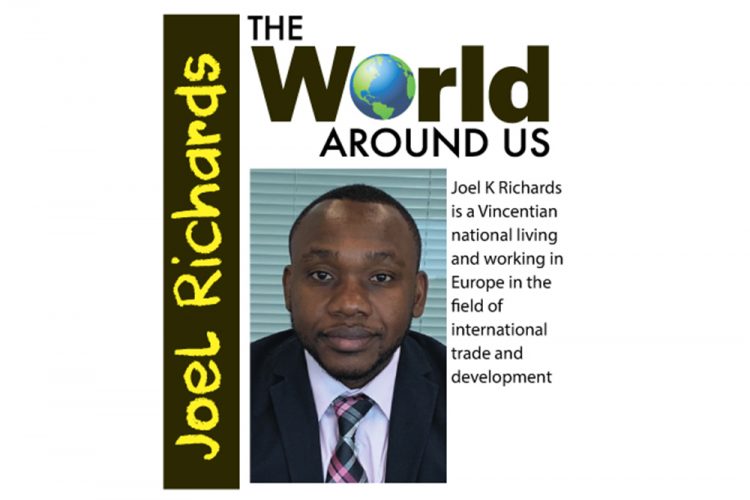Moment of Truth for the United Nations

When the United Nations (UN) was founded in 1945 after World War II, its members made a commitment to maintaining international peace and security, developing friendly relations among nations and promoting social progress, better living standards and human rights. For some, the UN is a huge bureaucracy and abstract entity. However, this should not detract from the fact that the organisation has been and continues to be a force for good in every corner of the world.
The UN works on a wide range of critical issues, such as sustainable development, refugees’ protection, poverty and hunger reduction, disaster relief, counter terrorism, disarmament and nuclear non-proliferation, democracy, human rights, gender equality, governance, economic and social development and international health. Specialised agencies of the UN, such as the World Health Organisation (WHO), the Food and Agriculture Organisation (FAO), and The Joint United Nations Programme on HIV/AIDS (UNAIDS) have a stellar track record of co-ordinated global action in their respective fields.
Russia’s invasion of Ukraine is now placing a new spotlight on the UN and some fear that the organisation risks both irrelevance and extinction should it fail to play a mediating role in the conflict. In particular, calls are growing for the UN secretary-general, António Guterres, to take greater personal responsibility to lead in trying to mediate a peace in Ukraine.
A group of more than 200 former senior UN officials have written to Guterres, urging him to raise his profile and be prepared to take personal risks to secure peace. The former officials have said that the UN is facing an existential threat due to the invasion of Ukraine.
In their missive, the former UN officials have said to Guterres that “We want to see a clear strategy to re-establish peace, starting with a provisional ceasefire, and the use of the UN’s capacity for good offices, mediation and conflict-resolution.” They have also suggested that the UN chief should visit the conflict-stricken areas, hold discussions with the opposing sides and perhaps even move his office temporarily to Europe – closer to the “urgently needed” negotiations. They believe that such actions will send a signal of the UN’s resolve to address the crisis frontally.
What is being proposed here is not without precedent since the UN, at the highest level of its leadership, has a tradition of using its good offices to mediate conflicts involving major world powers. For example, during the Cuban missile crisis in 1961, then UN secretary-general, U Thant, helped to mediate the conflict between Russia and the United States (US). In the lead up to the Gulf War between the US and Iraq, then UN secretary-general, Javier Pérez de Cuéllar, also persuaded the US to hold talks with Iraq.
On Tuesday, 19th April 2022, Guterres issued an appeal for a 4-day Easter ‘pause’ in fighting in Ukraine during Orthodox Christians’ Holy Week. He suggested the pause begin Thursday 21st April, which is Holy Thursday for Orthodox Christians. This follows on the heels of a similar UN brokered two-month cease fire in Yemen’s civil war which took effect at the beginning of the Muslim holy month of Ramadan.
That more is being demanded of the UN, especially at the highest level, is an indication that the organisation is still relevant. However, should Guterres try, yet fail in attempts to bring Russia and Ukraine to a permanent truce, this should not suggest an existential threat to the UN’s relevance or existence.
Ultimately, organisations such as the UN, cannot go further than where their members will allow them to go. Nonetheless, the UN and its leadership have a huge amount of global goodwill which will be well spent on a crisis such as the one in Ukraine which has the potential for global contagion on a scale not seen since the end of the Second World War.











